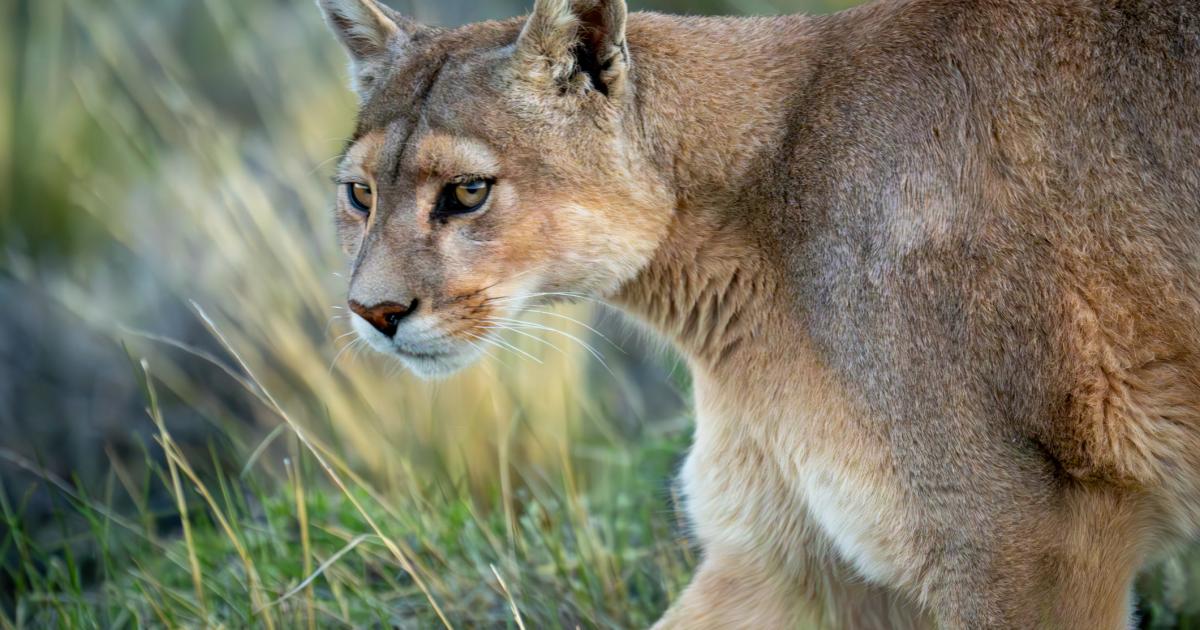The latest big cat sighting has been reported in Callow End, near Worcester, when the sandy coloured puma strolled across the road in front of a driver.
The incident at the end of August was recorded in the Worcestershire Big Cat Group which logs sightings of the predators across the county.
Members regularly share their thoughts on everything big-cat related from images of paw prints to the carcasses that some believe are the prey of panthers or pumas.
The latest witness told group members: “Two days ago driving down a country lane round 6ish evening time i saw a puma walk across the road like I was at the safari park couldn’t believe it but 100 per cent was a puma, sandy colour about 2 feet in height and meter long with a long tail with the black ring and black tip on it.”
He said he wished he had had a camera or a dash cam to record the encounter.
“It never even looked at me, walked slowly across the road and into the hedge row. I was only 20 to 30 yards away I had to stop the car to let it cross,” he said.
Meanwhile, other sightings have also been recorded in the popular Facebook group, including from an anonymous participant who said he spotted ‘a big black cat the size of a large dog with an unusually long tail just off the bank of the river Severn at Grimley’.
The sighting took place at the end of August at around 8.30am.
RECOMMENDED READING: Big cat sighting by train driver: ‘panther’ near Wychbold M5
RECOMMENDED READING: Map of all the big cat sightings in Worcestershire
In 2022, strands of black animal hair were found on a barbed wire fence in Gloucestershire.
A forensic laboratory then analysed it using mitochondrial DNA methods to ascertain a 99.9 per cent match to the leopard species ‘Panthera Pardus’ (a leopard).
In October last year, Cumbrian resident Sharon Larkin-Snowden came across the carcass and disturbed the animal that had been feeding on it.
Larkin-Snowden took swabs from the sheep’s nose and back and front legs, and they were sent to a laboratory at the University of Warwick which specialises in testing for big cat DNA run by Prof Robin Allaby.
“In this case, the DNA sequence is 100 per cent unequivocally of the Panthera genus,” Dr Allaby told The Telegraph.

